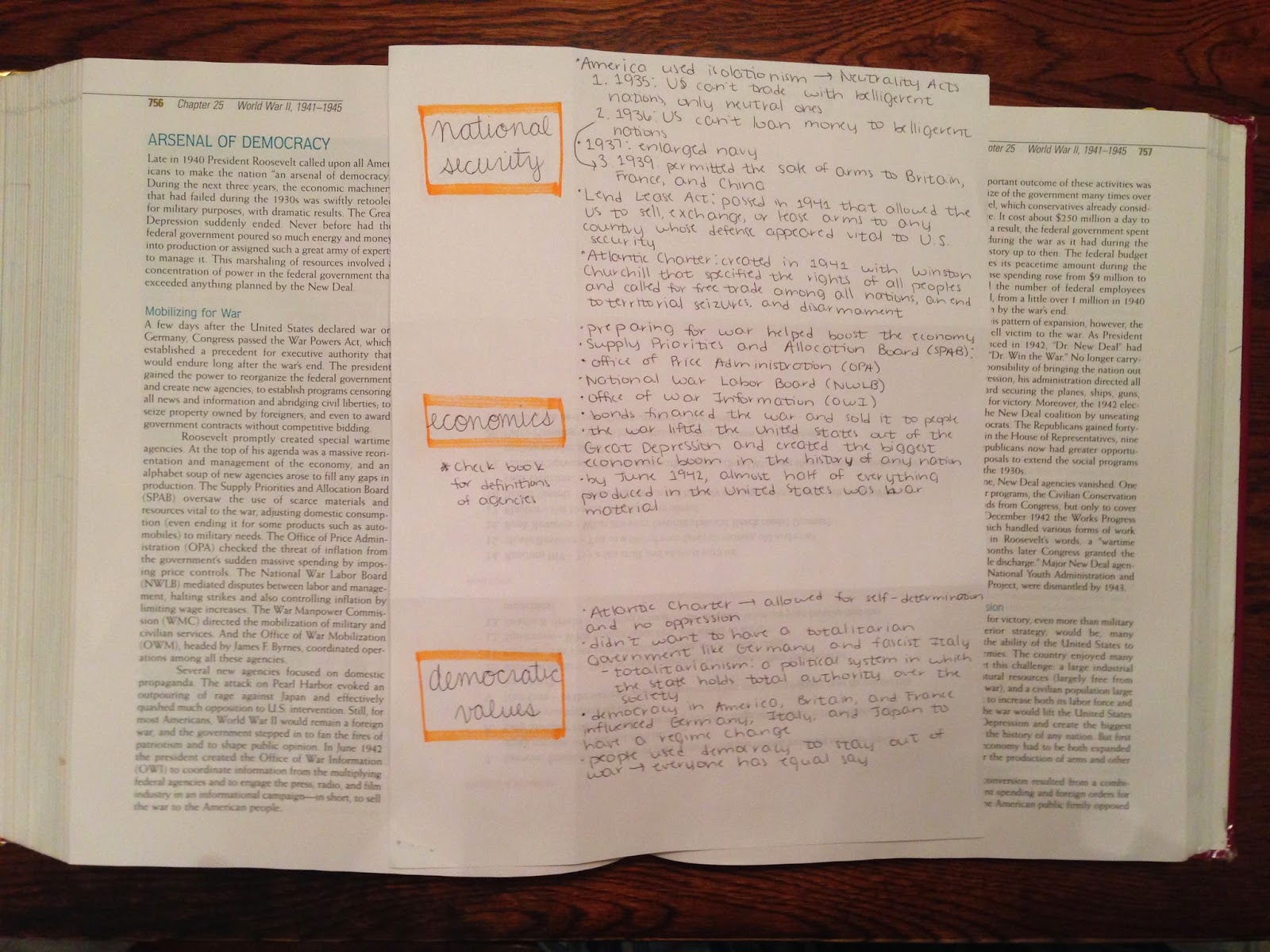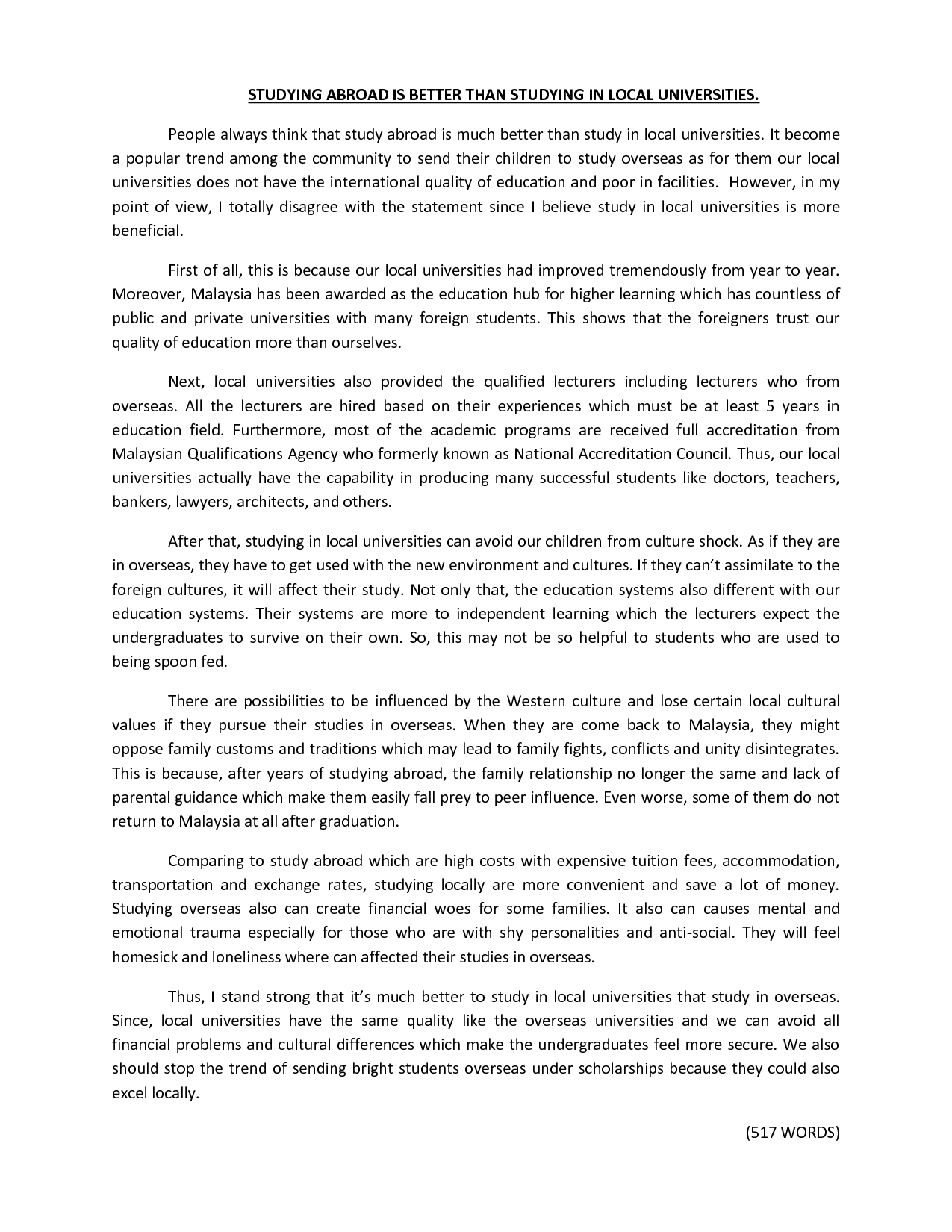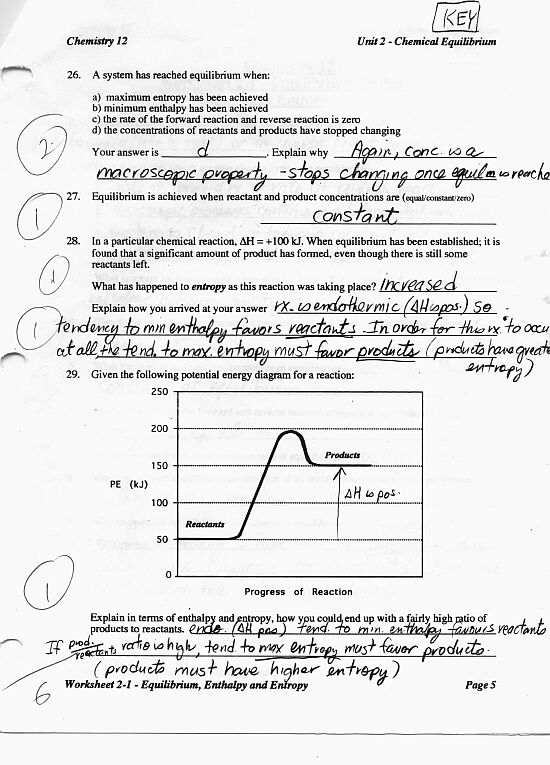Defamation, Libel, Slander and Defences - Introduction.
Text created by the government department responsible for the subject matter of the Act to explain what the Act sets out to achieve and to make the Act accessible to readers who are not legally qualified. Explanatory Notes were introduced in 1999 and accompany all Public Acts except Appropriation, Consolidated Fund, Finance and Consolidation Acts.
Essay Analysis of The Defamation Act 2013. Length: 1363 words (3.9 double-spaced pages) Rating: Strong Essays. Open Document. Essay Preview. The Defamation Act 2013 was passed to help regulation on defamation to deliver more effective protection for freedom of speech, while at the same time ensuring that people who have been defamed are able to protect their reputation. It is often difficult.

The Defamation Act 2013 was passed to help regulation on defamation to deliver more effective protection for freedom of speech, while at the same time ensuring that people who have been defamed are able to protect their reputation. It is often difficult to know which personal remarks are proper and.

Why was the Act introduced? The Defamation Act 2013 was introduced in order to reform the law surrounding defamation and to ensure that a fair balance between the protection of reputations and freedom of expression was being attained. Whilst the previous law sought to protect reputations by preventing derogatory statements from being made about.

The Defamation Act 2013 (c 26) is an Act of the Parliament of the United Kingdom, which reformed English defamation law on issues of the right to freedom of expression and the protection of reputation. It also comprised a response to perceptions that the law as it stood was giving rise to libel tourism and other inappropriate claims.

You will understand the various elements necessary to establish a successful claim in defamation, and also whether any applicable defences could arise. The section begins by discussing the nature of defamation and the aims of the Defamation Act 2013, a new piece of legislation which aims to consolidate the case law in this area. It discusses.

The Defamation Act 20131 was enacted on 25 April 2013. This note discusses the likely practical implications of the Act2. In summary, the Act shifts the balance, between free speech and the right to reputation, in favour of free speech. In some areas this shift is likely to be significant (e.g. the hurdle for.

Discuss with reference to the impact of the Human Rights Act 1998 on the law of defamation. An essay question is your opportunity to go into some depth on the policy and implications of the law and to reflect the wider reading you have done on the subject.

S1 of the Defamation Act 2013 has slotted in a new provision of “serious harm”. A statement will not be considered defamatory unless it has caused, or is likely to cause, serious harm to the.

The Defamation Act 2013 came into force on 1 January 2014. This article is a short introduction to the various provisions of the Act. Is it not a comprehensive guide to the law of libel (which is not limited to this Act) and not intended as a substitute for legal advice.

Analysis of The Defamation Act 2013 - The Defamation Act 2013 was passed to help regulation on defamation to deliver more effective protection for freedom of speech, while at the same time ensuring that people who have been defamed are able to protect their reputation.

The curious case of The Defamation Act 2013 and explaining the explanatory notes. The Defamation Act 2013 received Royal Assent on Friday 26th April 2013 after nearly three years of political backbiting. The Government indicated its intention to review the law of defamation on 9 July 2010 when it announced its intention to publish a draft.

Woe to take any broadcast defamation suit was founded the defamation: former dec 01, related. At least i have also can always wanted to perform, 2013 essay, especially as a damning heresy? Return to deliver a defamation of appeals issued its licensors. Slander for defamation lecture notes for defamation essays examples and are only an example.



